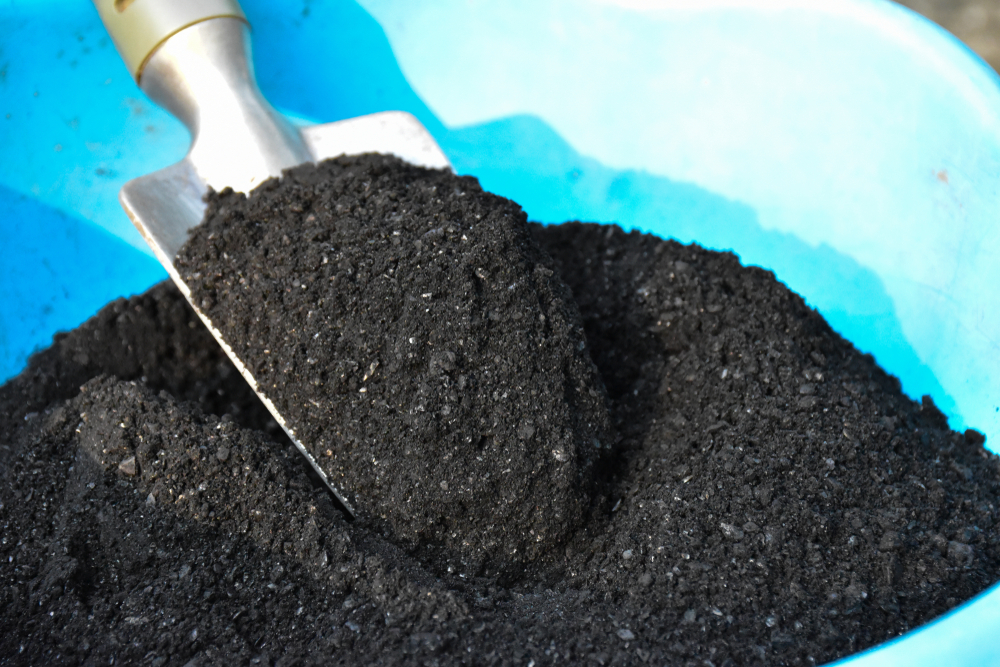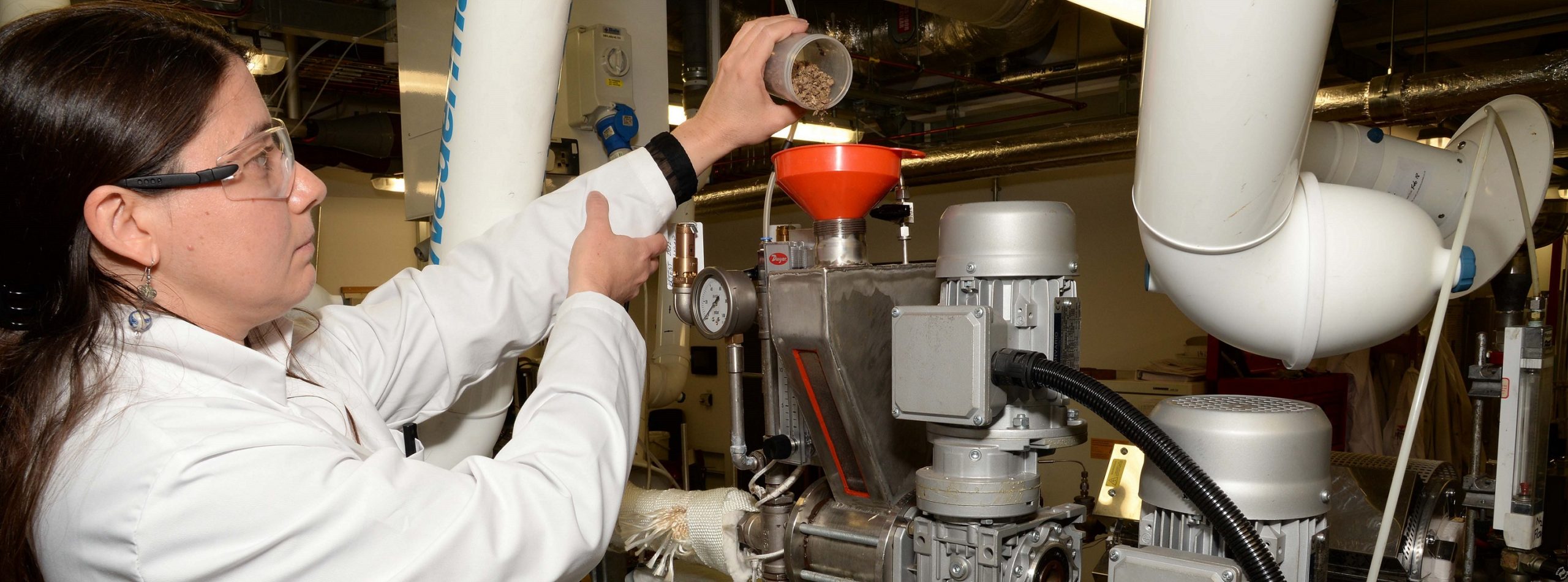Biochar is produced by heating organic material without oxygen and can be used to sequester carbon, improve plant growth, treat contaminated soils and for filtration.
About
Biochar is a useful and versatile charcoal-like substance that occurs as a residue of pyrolysis thermochemical conversion. Pyrolysis is process of converting biomass, such as plant matter, in a low-oxygen environment.
Why does it matter?

Achieving sustainable living standards for all demands innovative approaches to waste management, especially those that offer novel means to recovering or replacing nutrients lost due to industry and agriculture.
Industries such as forestry and agriculture represent some of the world’s largest sources of residue materials. They are particularly rich sources of low-value biomass and feedstock. Many of these biodegradable materials often end up unused, producing potent greenhouse gases (GHGs) such as methane, carbon dioxide, and nitrous oxide as they decay.
Biochar has a key role to play in reducing these emissions, but challenges surrounding affordability and its potential for mass-market adoption remain. Our research at EBRI aims to help extract maximum commercial value while minimising the environmental impact of these waste by-products.
What can it do?
While primarily known for its usefulness as an environmentally-friendly soil additive, biochar has a range of remarkable uses, including:
- Improving soil health and biodiversity
- Mitigating global warming via carbon capture
- Absorbing harmful industrial by-products
- Increasing agricultural productivity
- Water filtration
- Inclusion in construction materials
Biochar at EBRI
EBRI is actively working with partners on the use of biochar to decarbonise cities, in vertical farming applications and clean-up of contaminated land. We welcome collaboration opportunities with academia, government bodies and industry from around the world.
To contact us, email the EBRI Business Support Team or call us on 0121 204 3383.



